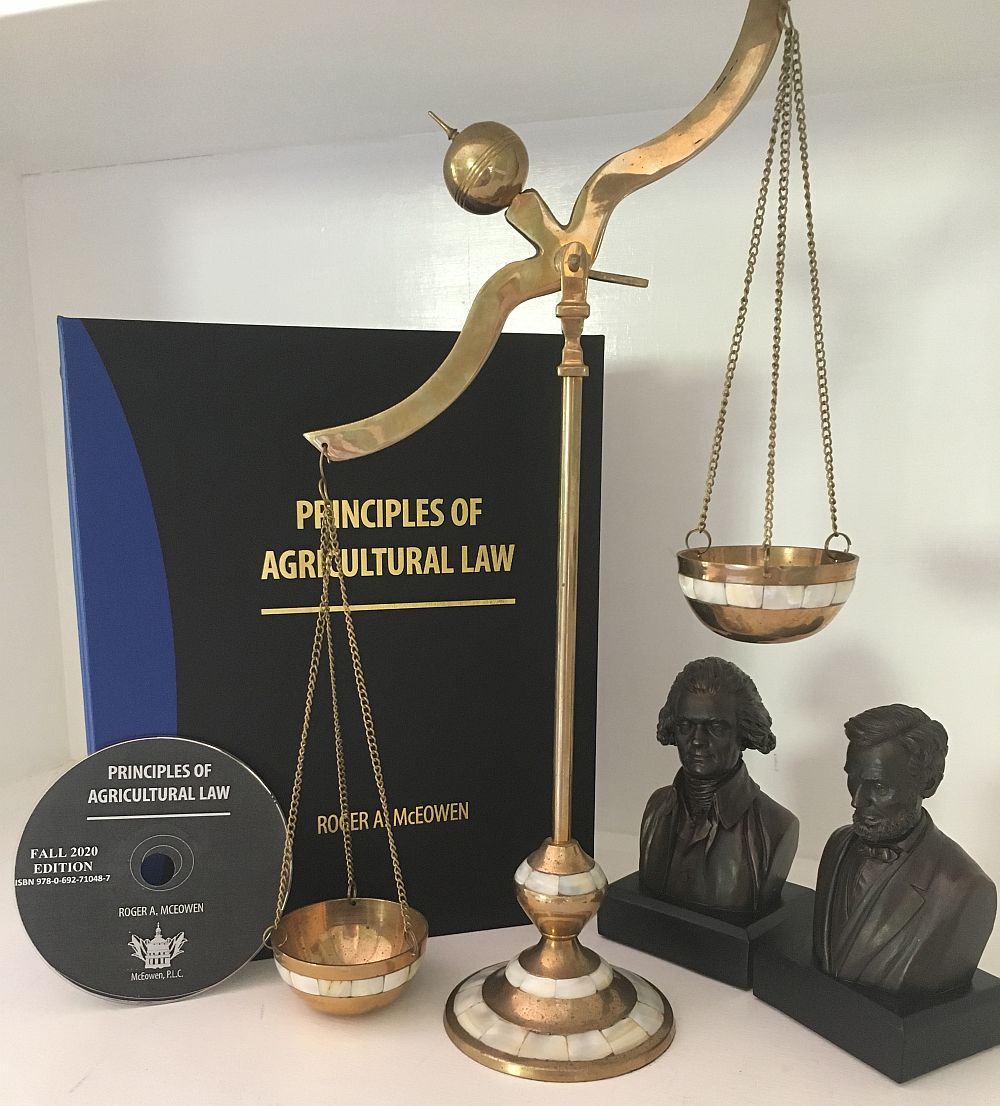Agriculture Law Compliance: Avoiding Common Legal Pitfalls

Ensuring compliance with agriculture law is vital for farmers, landowners, and agribusinesses to prevent disputes, fines, and operational disruptions. Agriculture law covers a wide range of areas, including land use, labor regulations, environmental standards, and contracts. Understanding and following agriculture law helps farms operate efficiently, legally, and sustainably.
COMMON LEGAL PITFALLS IN AGRICULTURE LAW
Land Ownership and Zoning Violations
Agriculture law regulates land use, zoning, and property rights. Landowners who ignore these rules may face fines or restrictions on their farming activities. Compliance with agriculture law ensures that farms operate within legal boundaries and avoid costly disputes over land use.
Environmental Non-Compliance
Environmental regulations under agriculture law govern pesticide use, water management, and soil conservation. Violations can lead to severe penalties, legal action, or reputational damage. Following agriculture law guidelines allows farmers to maintain sustainable practices while staying compliant with environmental laws.
Labor and Employment Issues
Agriculture law establishes standards for wages, working conditions, and safety for farmworkers. Non-compliance can result in lawsuits and workforce dissatisfaction. Understanding agriculture law ensures fair labor practices and a safe work environment, reducing the risk of legal problems.
Contractual Mistakes
Farmers often enter into contracts for crop sales, equipment leases, or supply agreements. Misunderstanding or neglecting agriculture law in contracts can lead to disputes, financial losses, or unenforceable agreements. Proper guidance in agriculture law ensures that contracts are legally sound and protect the farmer’s interests.
STRATEGIES FOR AGRICULTURE LAW COMPLIANCE
Stay Updated on Regulations
Agriculture law is constantly evolving. Keeping abreast of updates in environmental rules, labor laws, and land use regulations ensures compliance and minimizes risks. Farmers can subscribe to legal bulletins, government announcements, or consult agriculture law experts to stay informed.
Engage an Agriculture Law Expert
Consulting a professional specializing in agriculture law provides tailored guidance for contracts, regulatory compliance, and dispute resolution. Experts help farmers navigate complex legal requirements and prevent common pitfalls.
Implement Proper Record-Keeping
Maintaining accurate records of land agreements, labor compliance, and environmental practices is essential under agriculture law. Proper documentation serves as proof of compliance and can prevent disputes or legal complications.
Educate Farmworkers and Staff
Training employees on agriculture law requirements, safety protocols, and compliance procedures ensures that the farm operates legally and efficiently. Awareness reduces mistakes and reinforces adherence to agriculture law across all levels of operation.
BENEFITS OF AGRICULTURE LAW COMPLIANCE
By following agriculture law, farmers and landowners minimize legal risks, protect property rights, and ensure long-term operational sustainability. Compliance promotes responsible farming practices, fosters a safe and fair work environment, and helps access government programs and subsidies without issues.
CONCLUSION
Avoiding legal pitfalls under agriculture law is essential for a successful and sustainable farming operation. By understanding land use, environmental regulations, labor laws, and contractual obligations, farmers can protect their farms from legal challenges. Engaging an agriculture law expert, maintaining proper documentation, and educating staff ensures full compliance. Following agriculture law not only reduces risk but also strengthens farm operations and promotes responsible agricultural practices.






